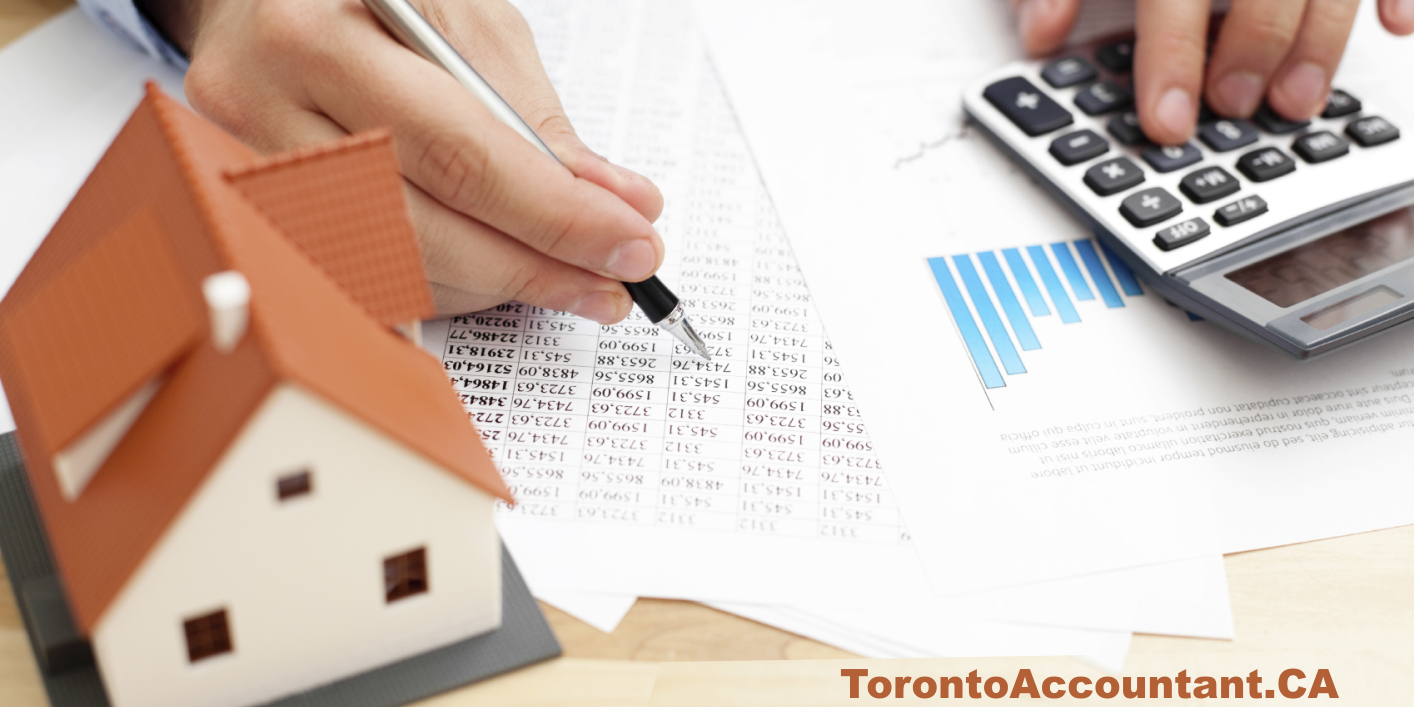One of the most common types of investments that individuals used to make in the past was to purchase a second home with the thoughts of renting it out to make some short term income. They also viewed it as a potentially good long term investment with the hopes that the value of the property would increase over the years.
For some the long term worked out well but the short term rental obligations out weighed the advantages that it could have offered. Not only does rental property have potential tax obligations but it can be a real hassle finding the right tenants. It can end up costing more to have this type of income entity than it does in providing a profit.
The other problem that was faced for a few was the down turn in the economy. Finding renters who could afford to pay the true rental value was tough.
If you are now in a position where you are thinking of investing in an income property it does have some good advantages to it, if done properly and you can weather out any economical storms that could arise.
It is most likely going to put you into a position where you have to pay tax on the rental income, but what type of tax position you will be in depends on what other taxable income you have, and to what extent you can deduct any expenses that you incur in regards to earning the income from the rental property. Plus, you need to make sure that you can handle the mortgage and related expenses if the economy takes a dive or for some other reason you have difficulty renting the property.
You will need to give careful thought as to who you are going to be doing this business venture with. It may be you are going in on this property deal with other family members or friends. It could put you in a partnership capacity, and if something goes wrong with your relationship then you are going to have some fairly substantial legal matters to deal with over the ownership of the property.
If you have extra cash to invest, then before doing so it would be first wise to speak to your accountant about your desire to invest and obtain their advice on the matter. You could also speak to an investment advisor as well. Your accountant will know what your tax implications are, while your investment advisor will know the safest and best types of investments for you as an individual.

